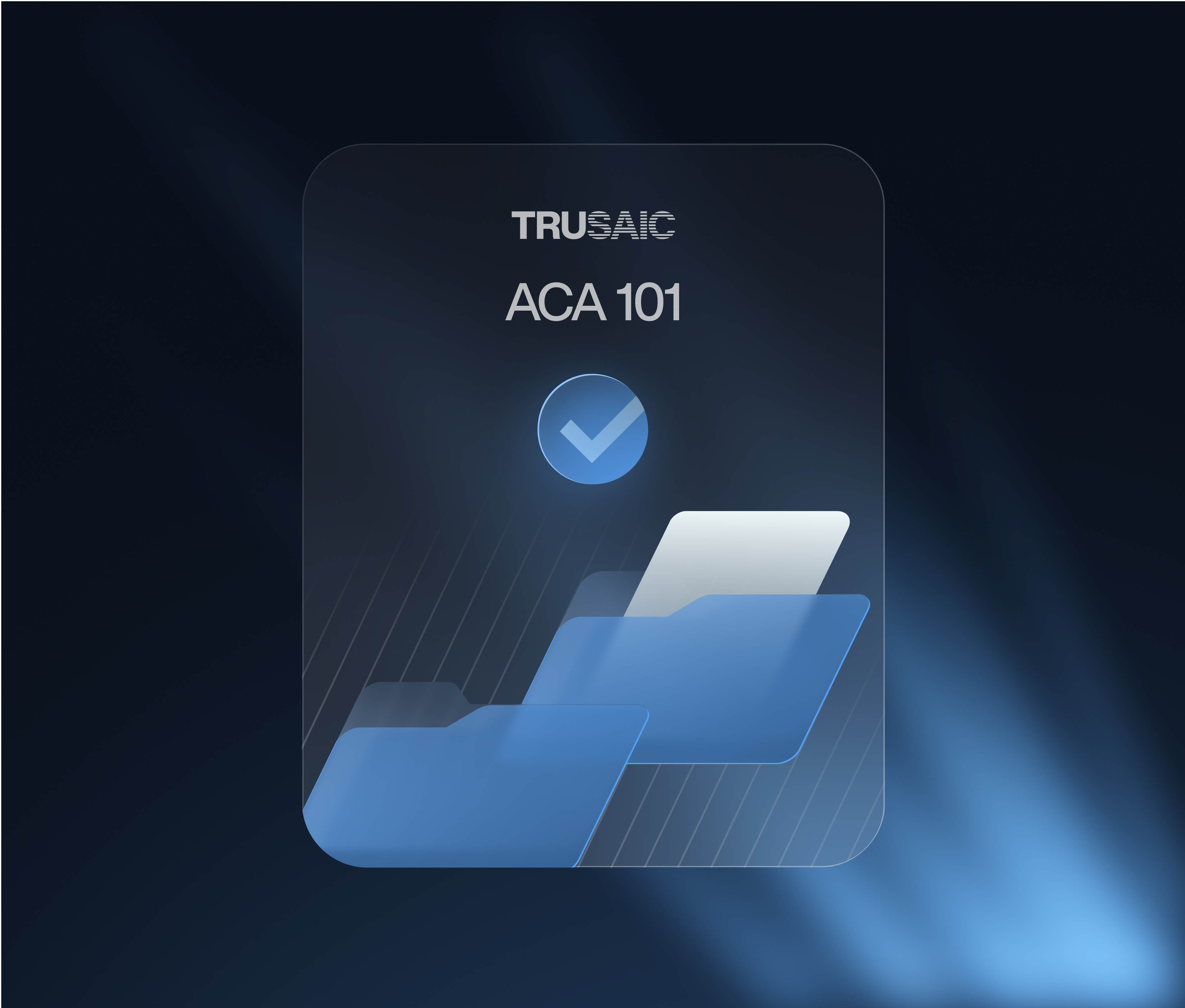A new alert issued by the Securities and Exchange Commission indicates that more rigor is coming to reporting requirements related to environmental, social, and governance (ESG) investing. Organizations should be aware that President Biden’s SEC chair is likely to push for more prescriptive requirements; savvy companies should make plans now to prepare for additional scrutiny.
What’s in the Risk Alert
An article in Chief Investment Officer reports that the purpose of the SEC Risk Alert is “to make investors aware of potentially misleading statements found during recent examinations of investment companies that offer ESG products and services.”
A post in Lexology notes that “areas of focus will include:
- Portfolio management, including: ESG-related policies, procedures, and practices; the use of ESG-related terminology; and ‘due diligence and other processes for selecting, investing in, and monitoring investments in view of the firm’s disclosed ESG investing approaches’;
- Performance advertising and marketing materials, including reports to sponsors of voluntary global ESG frameworks and responses to due diligence questionnaires; and
- Compliance policies and procedures and their implementation.”
Sustainable Investing calls the Risk Alert “a wake-up call for the investment company industry to take up the challenge of developing widely accepted standardized and more precise sustainable investing definitions [and] a set of disclosure practices. … Otherwise, it seems likely that the SEC will take up such an initiative.”
What to Watch For
The release of the Risk Alert helps validate the concern expressed by those who have speculated that the SEC human capital management disclosure requirements (passed last year) weren’t prescriptive enough, and would result in non-substantive disclosures.
According to Law360, “The SEC rules … allow companies discretion to determine what is material. For instance, companies must disclose employee headcounts, but many other details are left to them.” Last year, the SEC “adopted a flexible policy, saying it did so because relevant data about labor forces vary among industries. Both Democratic commissioners dissented then, saying they wanted more concrete disclosure, especially regarding workforce diversity.”
But that was then, when the Democratic commissioners were in the minority; now, as Law360 continues, “given the new composition of the new SEC, which is now 3-2 in favor of Democrats under chairman Gary Gensler, [it’s] worth watching to see whether the agency takes a stricter approach on disclosure policy.”
How to Prepare
A new advisory from KPMG recommends: “Firms that engage in ESG investing should review their current compliance controls in light of the compliance weaknesses outlined by the SEC, with particular focus on the accuracy of ESG-related disclosures and marketing materials and their alignment with actual ESG investing practices.” Such firms “may also want to consider establishing documentation and record keeping requirements at various stages of the investment process (e.g., research, due diligence, selection, and monitoring).”
Similarly, according to Mondaq, the SEC itself notes that “knowledgeable compliance personnel well-schooled in firms’ ESG-related practices and approach were more likely to prevent misleading ESG-related claims, and also appeared to provide more meaningful reviews and testing of ESG-related policies and procedures and outward facing statements.”
Put simply, when setting ESG goals and measuring their progress towards said goals, investors and employers alike should be ready to: 1) submit public-facing data on ESG impact; 2) expect to be held accountable with regard to ESG, and 3) incorporate ESG efforts into their normal business routines.
A logical starting point is to identify an expert, external technology partner, who can establish ongoing, monthly monitoring of diversity, equity, and inclusion (DEI) metrics (such as pay equity), which is critical to the “Social” component of ESG. To find out more consider undergoing a comprehensive Equal Pay Risk Assessment.








